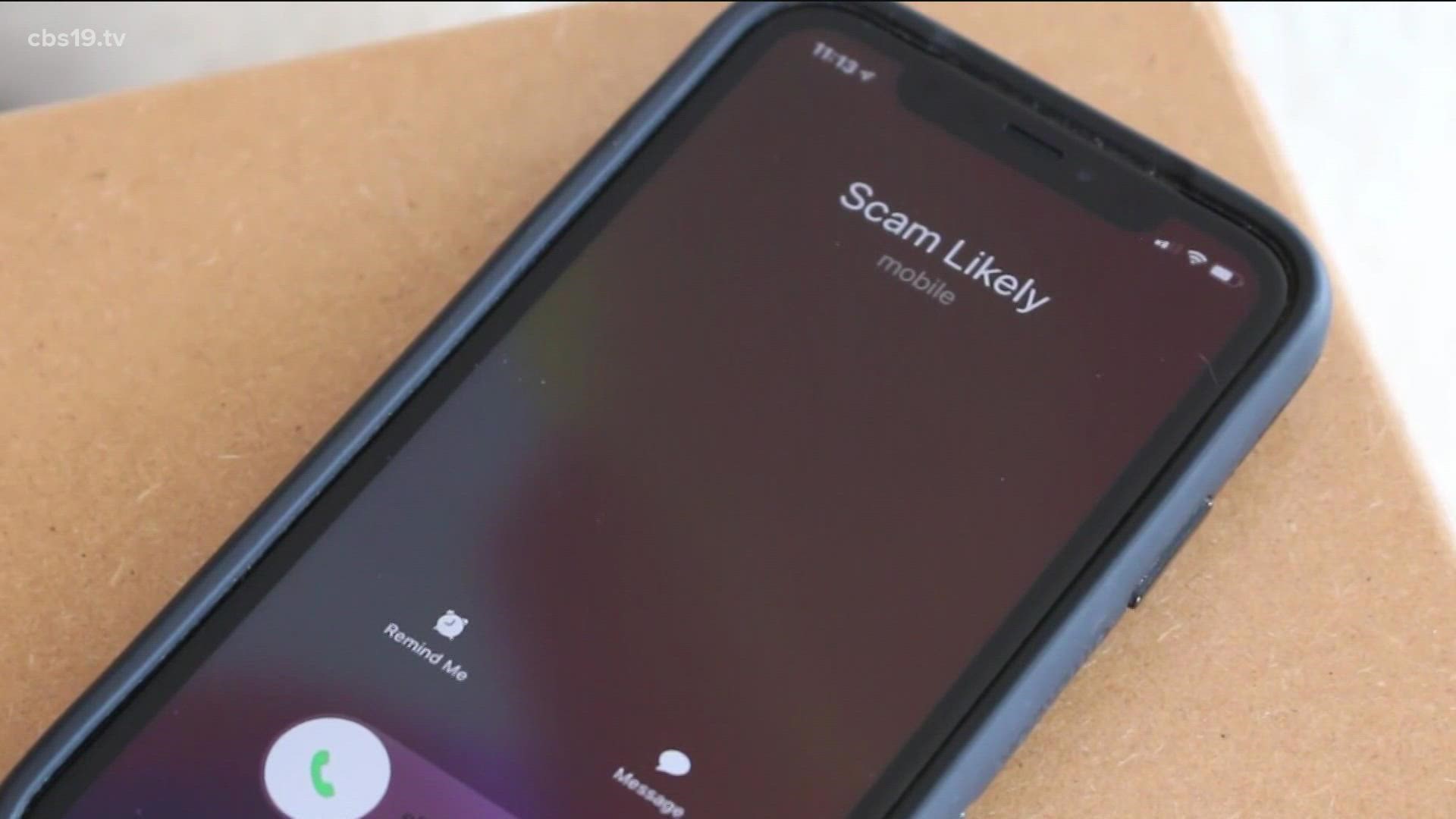TYLER, Texas — Scammers are always looking for new ways to target victims, and the latest scam, called "spoofing," is circulating in the city of Troup, Texas.
Residents of Troup say they were getting calls from what they thought was the city asking for their financial information.
The city released a statement on their Facebook page stating, “It is a scam. The city of Troup never calls and asks for any financial information from anyone.”
CEO and President of the Better Business Bureau, Mechele Mills, says spoofing has been around since the creation of cell phones.
“It's a type of imposter scam and in this case, it's on your phone. It looks like somebody that you know, is calling you, or somebody from a familiar area code might be calling you,” said Mills.
These scammers can also pose as people you may know or typically get calls from daily.
“A lot of times they will pose as somebody who may be trustworthy," Mills said. "It could be an individual, could be an official, could be a company you know. We see this all the time and so they'll come at you any different way just to try to gain your trust and get the information."
Mills advises these simple safety strategies to avoid becoming a victim.
“If you recognize when you pick up the phone, it's not somebody that you recognize, just hang up, or even safer, let that individual leave a message and then you decide whether or not it's safe to call them back,” said Mills.
Here are three other ways to avoid being scammed:
- If the scammer sounds like someone you don’t know calling from a similar caller I.D. simply hang up.
- If you have an iPhone you can silent unknown callers on your phone.
- If they call again let that scammer leave a message.
Mills also advises you to take immediate action if you happen to become a victim of spoofing.
"If you've given your personal information, then you definitely want to go to your credit report and put a freeze on those things. Call your financial institutions right away and let them know that your information has been compromised,” Mills added.
To learn more about spoofing and ways to avoid getting scammed click here.
If you’ve become a victim of spoofing call your local Better Business Bureau office.

